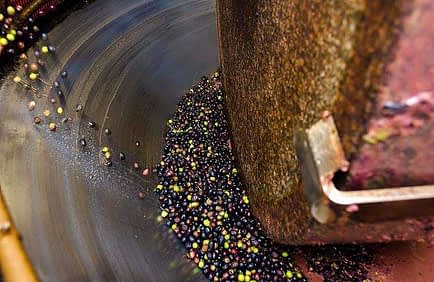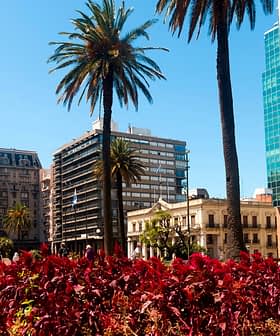Researchers at the Department of Food Technology of the University of Extremadura in Spain have released a new study about the possible effects of using additives during the extraction process of olive oil.
More specifically, they focused on adding water and talc powder during the malaxation stage of olive oil production. Adding water during malaxation is a common method to get more oil out of the paste.
Surprisingly, the added water caused a decrease in oil yield and oil extractability for both of the cultivars tested.
Other studies have cautioned against adding water when drupes are harvested from irrigated orchards since they already contain enough water inside, but this study suggests producers should think twice about adding water to non-irrigated olives as well.
Free acidity was not significantly affected by the added water, but the extracted olive oil contained reduced phenols and a lower antioxidant value.
Meanwhile, the research showed that adding talc during malaxation can significantly improve extractability and oil yield, an outcome consistent with the results of previous studies carried out on olive fruits of different cultivars. There was no impact of the talc addition on free acidity, but olive oil color was significantly affected, turning greener, bluer and lighter than normal.
For the study, researchers used olive fruits from the Carrasquena and the Picual cultivars, and processed them with an Abencor laboratory scale system machine.
The results outlined in the study could serve as a recommendation for mill owners to rethink the widely-used technique of adding water during malaxation, and supports the benefits of the two-phase production method over the three-phase method. Refraining from adding water can reduce energy consumption, producing less liquid residue and yield olive oil of a better quality.









